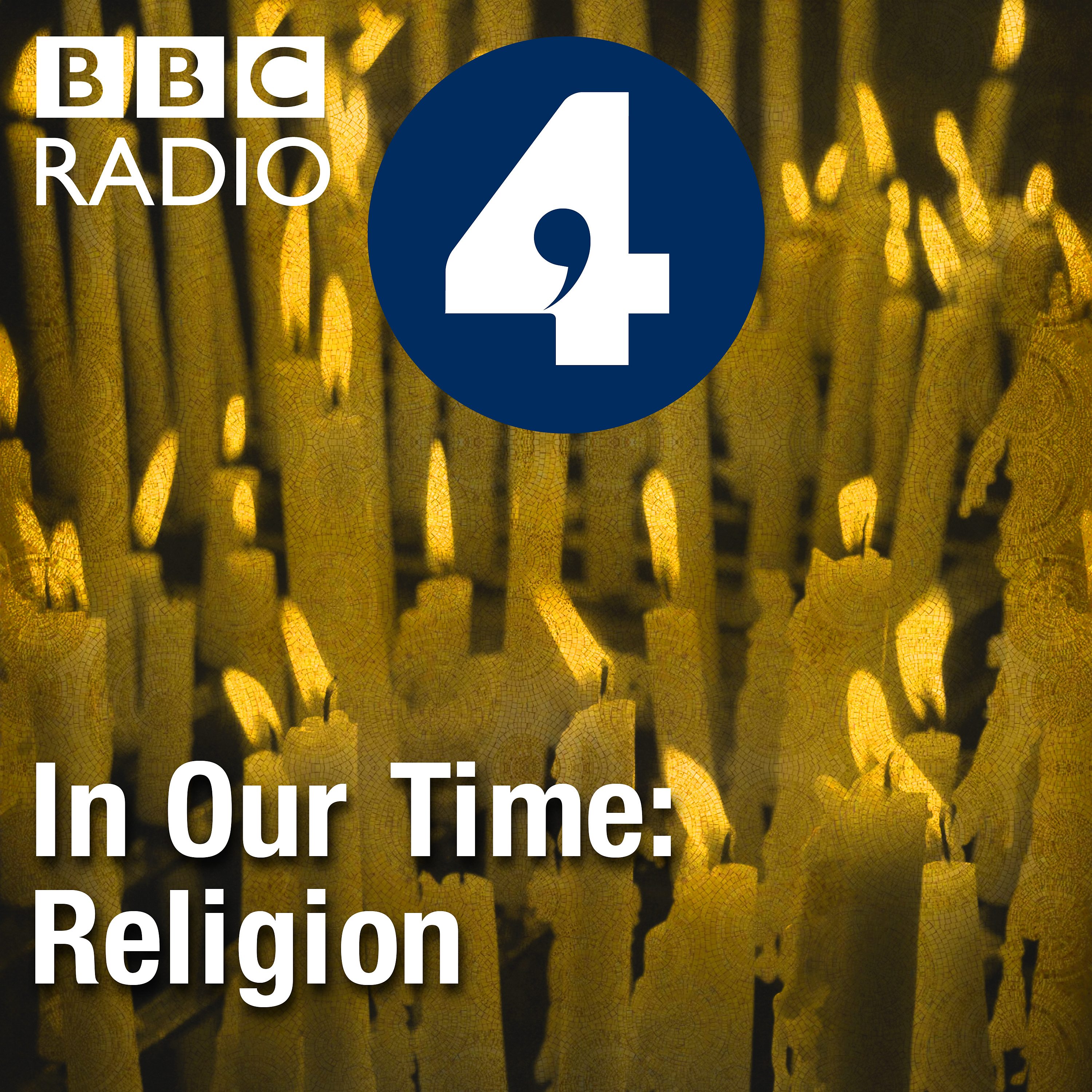The Siege of Malta, 1565
Description
Melvyn Bragg and guests discuss the event of which Voltaire, two hundred years later, said 'nothing was more well known'. In 1565, Suleiman the Magnificent, the Ottoman leader, sent a great fleet west to lay siege to Malta and capture it for his empire. Victory would mean control of trade across the Mediterranean and a base for attacks on Spain, Sicily and southern Italy, even Rome. It would also mean elimination of Malta's defenders, the Knights Hospitaller, driven by the Ottomans from their base in Rhodes in 1522 and whose raids on his shipping had long been a thorn in his side. News of the Great Siege of Malta spread fear throughout Europe, though that turned to elation when, after four months of horrific fighting, the Ottomans withdrew, undermined by infighting between their leaders and the death of the highly-valued admiral, Dragut. The Knights Hospitaller had shown that Suleiman's forces could be contained, and their own order was reinvigorated.
The image above is the Death of Dragut at the Siege of Malta (1867), after a painting by Giuseppe Cali. Dragut (1485 1565) was an Ottoman Admiral and privateer, known as The Drawn Sword of Islam and as one of the finest generals of the time.
With
Helen Nicholson
Professor of Medieval History at Cardiff University
Diarmaid MacCulloch
Professor of the History of the Church at the University of Oxford
and
Kate Fleet
Director of the Skilliter Centre for Ottoman Studies and Fellow of Newnham College, Cambridge
Producer: Simon Tillotson.
More Episodes
Melvyn Bragg and guests discuss the last pagan ruler of the Roman Empire. Fifty years after Constantine the Great converted to Christianity and introduced a policy of tolerating the faith across the empire, Julian (c.331 - 363 AD) aimed to promote paganism instead, branding Constantine the worst...
Published 04/18/24
Published 04/18/24
Melvyn Bragg and guests discuss one of the most influential theologians of the twentieth century. Karl Barth (1886 - 1968) rejected the liberal theology of his time which, he argued, used the Bible and religion to help humans understand themselves rather than prepare them to open themselves to...
Published 01/04/24


